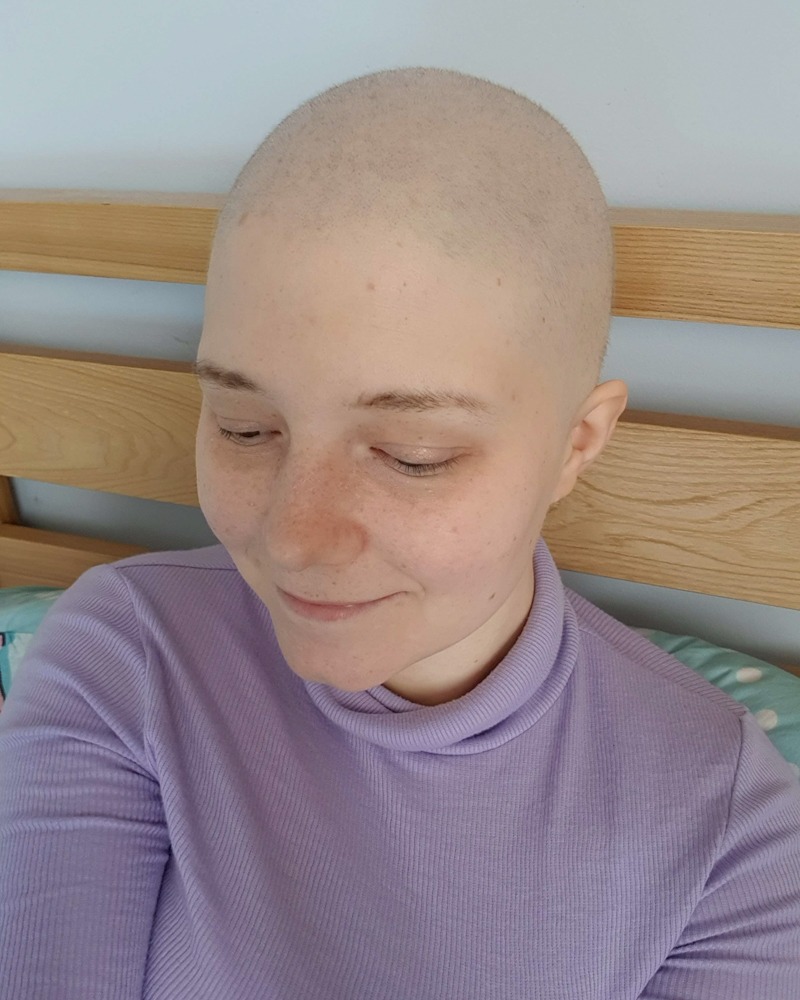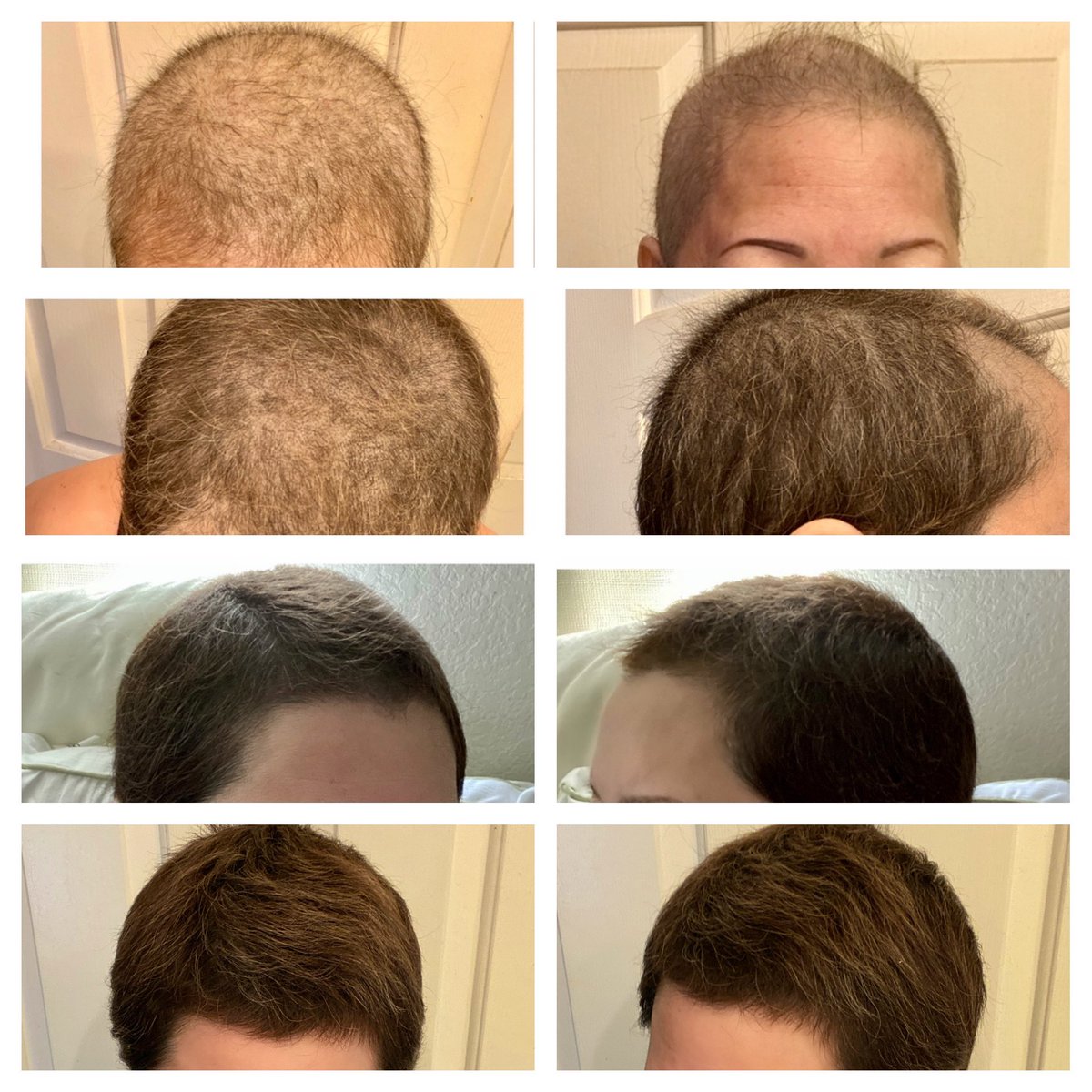Breast Cancer: Hair Regrowth After Chemo
Table Of Content

Very rarely does hair not regrow after stopping chemo. Usually, hair regrowth only does not happen after very high doses of certain medications. Typically, your body gets rid of abnormal cells before they grow out of control. With cancer, those abnormal cells divide and spread to other parts of the body. Chemotherapy is a treatment that uses medicine to get rid of cancer cells.
Hair loss after chemotherapy: 10 things to know
If you experience hair loss as a side effect, your hair will probably start to grow back within a few months of you finishing treatment. Before you have any chemical treatment such as colouring, perming or chemical relaxing, it is a good idea to ask a hairdresser or barber for advice. It is important to carry out strand and skin sensitivity tests to make sure products will not cause any damage or allergic reaction. Tell your hairdresser or barber that you have had cancer treatment.
Preparing for Chemo-Related Hair Loss
Your doctor can help you learn what to expect and when to expect it. Minoxidil can also be found in some hair loss treatments. Your scalp is just one of many places you can lose hair during chemo. Depending on the type of chemo drug you use, hair loss may also affect your eyelashes, eyebrows, facial hair, armpits, arms, legs, and pubic area. While each person has a unique experience with hair loss and regrowth, looking at general timelines may help prepare you for what to expect. Your hair may start to grow back while you are still undergoing chemotherapy, or you may not have hair grow back until after the treatment has ended.

Can medicine help regrow hair after chemotherapy?
Because cancer cells and hair follicle cells are both types of fast-growing cells that divide quickly, chemotherapy will kill both types. Some research has suggested that minoxidil (Rogaine) might speed up hair regrowth or reduce hair loss during chemotherapy. Knowing about hair growth can help a person better understand hair regrowth after chemotherapy. You may want to keep wearing a wig until your hair can be styled.
Is there anything else patients should know about cancer treatment and hair loss?
Some patients lose more than just the hair on their heads—some lose hair all over their bodies. They lose eyebrows, eyelashes, pubic hair, and even arm and leg hair. Each person reacts differently to chemo, so it is impossible to predict who will lose hair or how much hair.
Before chemotherapy
The degree of hair loss can vary, depending on the type and dose of chemotherapy medication you receive. If you are colouring your hair at home, always follow the instructions. If you want a permanent colour with highlights and lowlights, it is best for a trained hairdresser or barber to do this.
When your hair grows back
It affects other rapidly reproducing, healthy cells as well. In response, you may experience side effects, including hair loss, or alopecia. No two people have exactly the same experience with chemo-related hair loss. Much depends on the timing of your treatments and the kind of chemo drugs your doctor prescribes.
Will every patient who receives chemotherapy lose their hair?
So, you might find scarves to be both a more comfortable and practical option. The most important thing is to figure out what works best for you. I would say to stay away from any products that chemically curl or straighten hair. But if you’re determined to do something, at least run it by your care team first, to make sure it won’t interfere with your treatment. Both chemotherapy itself and the hair loss it causes can make your scalp feel rough and itchy, too.
When my hair regrew after chemotherapy, it felt like getting my life back - Breast Cancer Now
When my hair regrew after chemotherapy, it felt like getting my life back.
Posted: Fri, 29 Sep 2023 20:32:47 GMT [source]
Not all chemotherapy drugs have hair loss as a possible side effect. Check with your care team to find out if it’s a potential side effect for the drugs you’ll be taking. Hair loss tends to begin after a few chemotherapy treatments.
Studies of scalp cooling caps and other forms of scalp hypothermia have found they work somewhat in most people who have tried them. Scalp hypothermia is treatment to make your scalp very cold. During your chemotherapy infusions, a closely fitted cap that's cooled by chilled liquid can be placed on your head. This way, chemotherapy medicines are less likely to affect your hair. With hair regrowth after chemo, you may notice changes to the color and texture of your natural hair. Chemotherapy is a treatment that gets rid of cancer cells.
According to BreastCancer.org, you may see soft fuzz 3 to 4 weeks after finishing treatment. And in 2 to 3 months, your hair may grow 1 full inch. Alopecia UK provides information and support to people with hair loss. Your hair may be dry or break easily even after cancer treatment has finished. Your hair will usually need to be about 2.5cm (1in) long before you can use any chemicals on it. For treatments such as a perm or relaxing treatment, it may need to be longer.
Chemotherapy may cause hair loss all over your body, not just on your scalp. Sometimes your eyelash, eyebrow, armpit, pubic and other body hair also falls out. Some chemotherapy medicines are more likely than others to cause hair loss.
Certain drugs, such as docetaxel (Taxotere), can have this effect. As your hair grows back, you should use shampoo and products that suit your hair or scalp condition. Most products can be used every day without any problems. If your scalp becomes irritated or the condition of your hair changes, ask a hairdresser or barber for advice.
After you start chemotherapy, hair loss might make your scalp feel itchy, irritated, or sensitive. Many people also prefer the look of a cleanly shaved head to partial hair loss. Some types of chemotherapy are more likely to cause hair loss than others. Talk with your doctor to learn if hair loss is a common side effect of the chemotherapy medications you’ve been prescribed.
Very fine hair may also not be visible from a distance. Some nonprofit organizations also help fund the cost of wigs for people in need. Ask your cancer care center or support group for more information about helpful resources.
It’s hard to say what products will help with hair regrowth. Good general nourishment and the avoidance of extra chemicals — such as minoxodil — may help the healing process. Applying extra chemicals like minoxidil to your body may make you feel even more uncomfortable while your hair is growing back. However, some people who undergo chemotherapy experience permanent hair loss, research shows.

Comments
Post a Comment